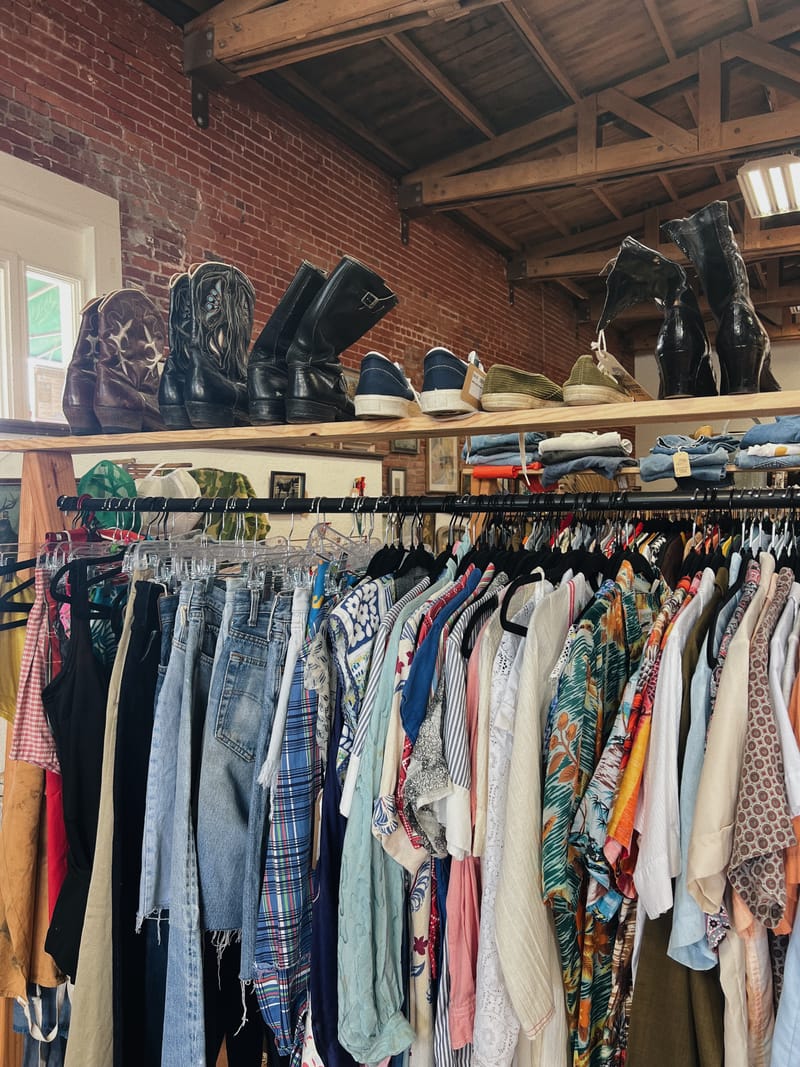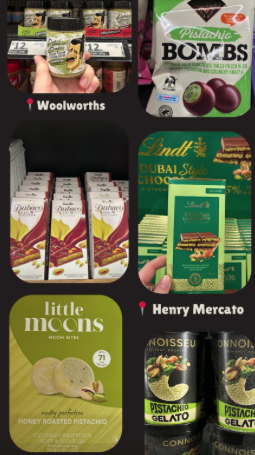The pandemic opens a new chapter for book clubs
Virtual book clubs are growing in popularity as Australians use lockdown to return to reading.

BY JASMINE SHEPARD
Volumes of spare time and a desire for human interaction during the pandemic has seen book clubs experience a resurgence.
Virtual book clubs are becoming popular forums as reading spikes and people crave discussion while in lockdown.
Pandemic-related business restrictions encouraged co-founder of Shameless podcast Zara McDonald to explore a potential expansion of her pre-existing book club.
“People have spare time, if nothing else at the moment,” Ms McDonald said.
“Why don’t we really push this idea of a book club and get people, and the community, bonding together,” she said.
“I think there are very few avenues, at the moment, to do that.”
The Shameless Podcast Book Club Facebook group currently has 27,000 members, hailing from Australia and beyond.
A book is chosen each month for club members to read and discuss. At the end of the month, Ms McDonald and her co-host Michelle Andrews discuss the book on their podcast Shameless with the relevant author.
Ms McDonald partly attributes the success of the Shameless Book Club to the inherently “wholesome and thoughtful” nature of book clubs, which allows community discussion of important topics.
“[With] Facebook groups of any other kind on the internet, really complicated and controversial issues can come up and people end up fighting,” Ms McDonald said.
“But with a book club, if we are picking a book and having a sense of what the conversations are going to be like, you can keep it… a nicer part of the internet.”
Co-founders of Afro Heritage Book Club Vuma Phiri and Gisèle Ishimwe have taken a different approach.
The book club features literature from African authors and artists, with the purpose of engaging and connecting members with African heritage.
“[The idea] was engaging with stories that we could relate to from perspectives of other Africans, especially growing up in Australia,” Ms Ishimwe said.
“For us, initially (the book club) was a big identity exploration… but it has turned out to be multi-purpose in the sense that it has really built a community.”
Through their monthly book choice and virtual conversations, Ms Phiri and Ms Ishimwe intend to reverse Anglo narratives that have historically dictated the African experience.
“[The book club] has been such a beautiful space to have, because it allowed us to have conversations about Black Lives Matter… and the history it comes from,” Ms Phiri said.
“It has allowed us to assess and understand what is going on a little bit better," she said.
“The pandemic forced the Perth-based book club online, which has broadened the community.
“With online being the only option, it’s allowed us to expand in a way that wasn’t planned, but in a natural way.”
The Afro Heritage Book Club now includes members from across the country, ranging in age and cultural backgrounds.
“The conversation is not just a small conversation... it is beyond Perth and we are all part of this space,” Ms Ishimwe said.
“It widens the community and the people that are able to be part of this.”
Co-founders of Literati Book Club Meg Stacey and Marissa Piazza similarly launched their virtual book club and book subscription service based on the diverse community interested in reading.
“Everyone is missing out on that community… we wanted to create something a bit more than a book club,” Ms Stacey said.
“With our live Q&A sessions… we want those to be a way for people to connect with one another.”
The virtual communities established by these book clubs have thrived during the pandemic.
Ms Stacey and other book club founders are confident they will continue “even beyond lockdown”.





